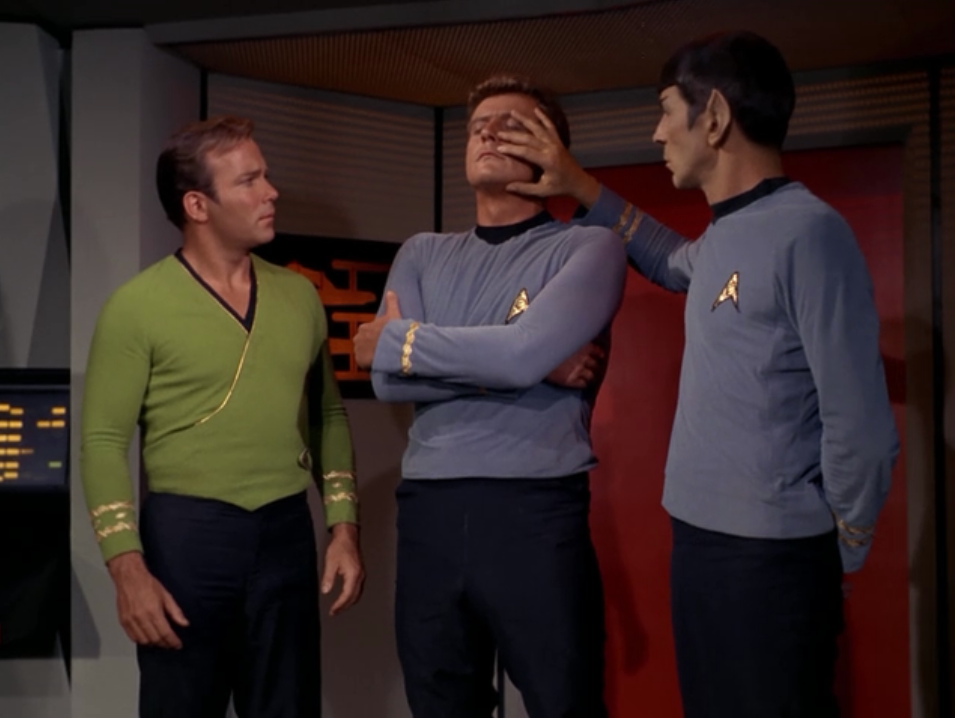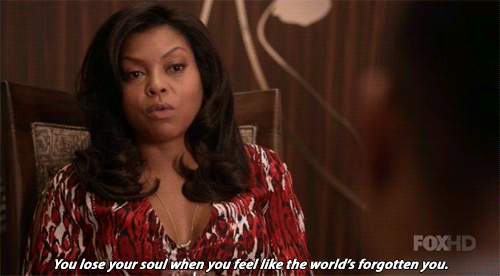Seeing Is Believing: Pop Culture, Representation, and Higher Education
I am a huge media consumer. From books to music to television to movies to web series, I am transfixed by entertainment. My habits border on addiction and often distract me from more academic pursuits. This piece is an attempt to mind meld both my passion for media and my passion for student affairs. Let's hope it comes out more like a hybrid striped rose than Frankenstein's monster.
Staying up to date on what is popular is a hobby for me. I always check the trending sections on Facebook and Twitter as well as entertainment magazines. As a woman of color it has been of interest to me how representation, particularly in television, has changed lately and the trends are reflecting that. We have seen many characters bring the variety American life to the screen in the past few years. There are two critically acclaimed shows, Orange Is The New Black and Transparent that focus and feature on the lives of transgender people. The biggest show runner in Hollywood is a black woman who heads up three hit shows with diverse casts ranging in ethnicity, religion, sexual orientation, and more. Shows like Blackish, The Fosters, and Fresh Off The Boat explore family life in ways that we haven't seen in years or maybe ever. Television is starting to try to reflect our society. Of course, it is by no means perfect and the majority of what is created is targeted at a certain demographic of viewers. The simple truth is that our media is still run by men and white men at that and they are the ones deciding who and what we see. However, we are taking a turn for the better and I only hope that this will continue until it is no longer a trend, but everyday reality on our screens.
Seeing is so very important, especially in the media. It is where we get a lot of our information and education. It is where we learn about other cultures and experiences we may not have access to. It is those views that help shape how we view ourselves and how we view others. When there is no one like you in the common places to look your view of yourself can become skewed. I know that I connect better with stories and characters that reflect aspects of myself whether it be my ethnicity, my gender, or my hobbies. When you can see yourself in the characters on your television screen it helps to affirm all sorts of possibilities. When characters that look like you or identity as you do are doctors or business people or just fully formed complex humans you have an easier time conceiving that these are things that you can achieve, that you can be. When I see characters like Cookie from Empire, and Maxine Shaw from Living Single, I get so much LIFE. This feeling of belonging and believing made me think about how I could apply this to my work.
I do a lot of program planning in my organizations, from academic panels to Disney themed socials, and one thing that has stood out to me is that students are more engaged in the work my groups and I do when they feel represented whether physically or in terms of interests. Diversity in programming and presentations is so important to students, just like it is to media consumers. The programs on campuses need to reflect their communities. I have helped curate a Nerd Girl Panel for the past two years of Geek Week at Rutgers University. With the help of advisors we were able to gather an amazing group of women from a bunch of nerdy fields from film to social justice bloggers to librarians to Buzzfeed authors. We had women of different ethnic backgrounds, sexualities and experiences. It was amazing to see the way students of all different backgrounds, genders, sexes, and interests interacted with the panelists and spoke about how wonderful it was to see themselves in the speakers we brought. Our programming has to reflect our students and their interests, not just in the entertainment we provide, but in the academic and networking areas as well. Students can only thrive when you affirm that they can achieve anything by showing them real life examples. Seeing truly is believing.



